Public History in Professional Journalism Training (on the Example of Zaporizhzhia City)
UDC 007:304:001
DOI https://doi.org/10.17721/2522-1272.2018.71.2
Public History in Professional Journalism Training (on the Example of Zaporizhzhia City)
Olena Semenets, Doctor of Philology, Professor, Zaporizhzhia National University
ABSTRACT
The main objective of the study is to reveal the possibilities of Public History approach in students’ education in «Journalism» specialization. The main method of research is the analysis of cases.
The results of the research: the actual forms of Public History approach in social communication space of Zaporizhzhia city are defined; the relevance and effectiveness of project learning technologies application in Public History approach when studying the discipline «Theory and History of Social Communications» are determined; the experience of implementation of students’ creative educational projects presented on the website of the virtual research laboratory «Media Culture in the Modern City, MCMC» in the section «Discourse of the City» (http://mcmc.tilda.ws/misto) is summarized; the capabilities of educational website as a communicative platform in implementation of students’ creative educational projects are revealed; the educational and pedagogic potential of Public History approach in professional education of journalists, publishers and editors, advertising and PR specialists has been proved.
It is concluded that using the Public History approach in implementation of students’ creative research projects inspire future media professionals with interest in history of the city as a part of the whole country’s history, ability to notice connections between actual events and their historical basis, conscious civil position and readiness to promote solving actual problems related to city and region’s development.
The significance of the study is based on positive results of approbation of the Public History approach in conjunction with project learning technologies in professional journalism education. Such an approach allows training the qualified media specialists, who have high motivation to explore historical aspects of urban communicative space organization, to disseminate information about history of the city, and to consolidate media audience in the issues of historical heritage preservation.
KEYWORDS: Public History; collective memory; journalism education; project learning technologies; educational website.
02_71[download url=”http://www.scientific-notes.com/wp-content/uploads/2019/06/02_71.pdf” title=”Download PDF”]
